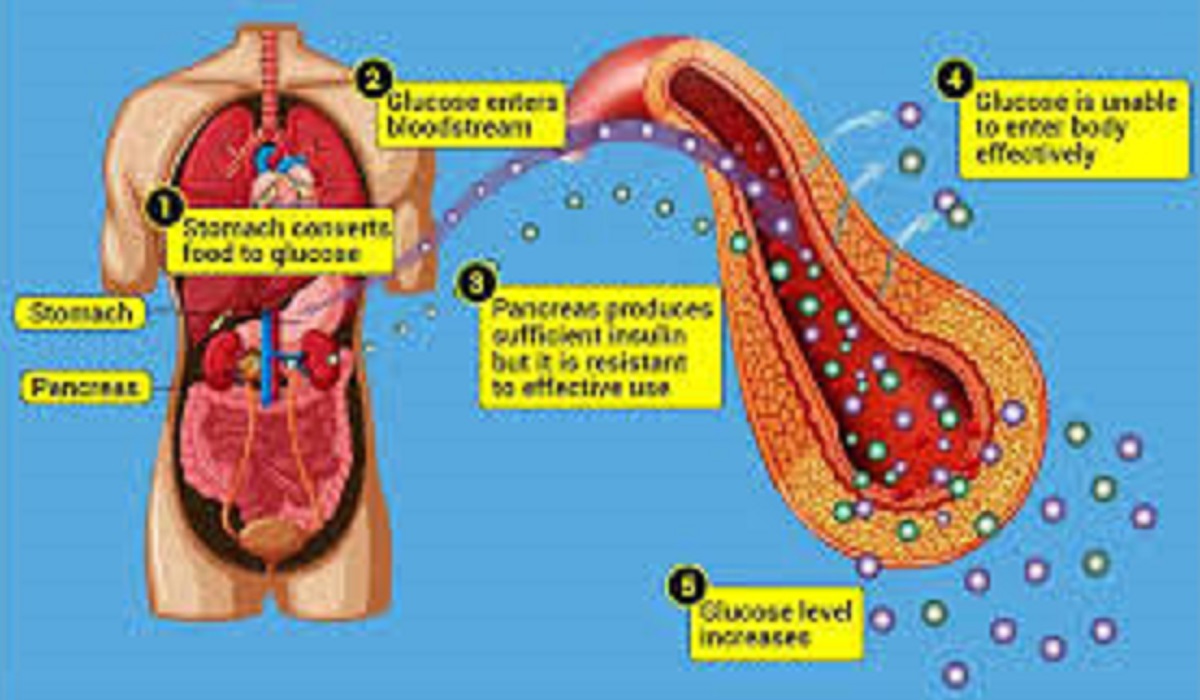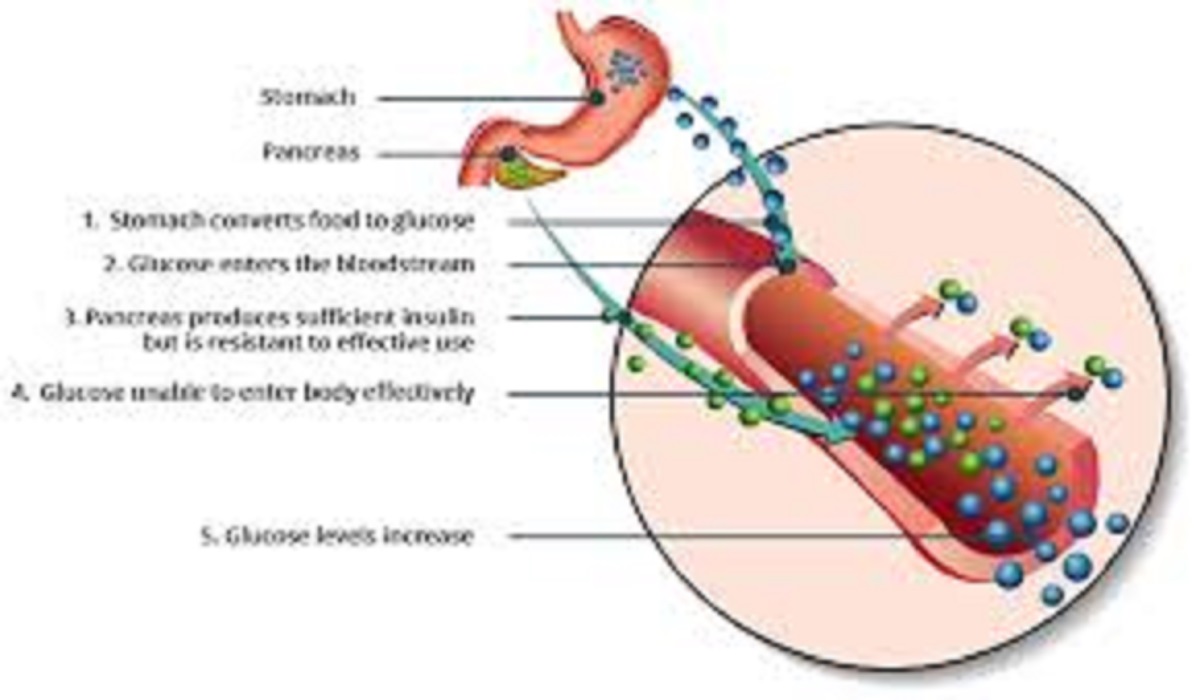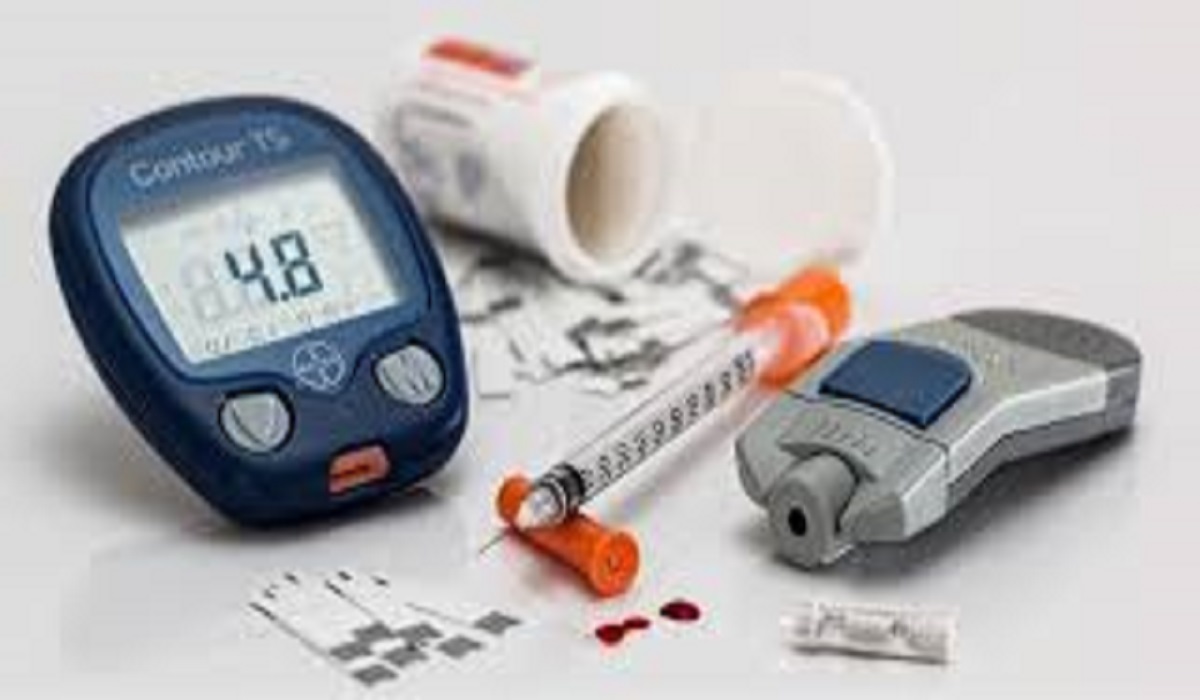1st Type of Diabetes – Symptoms
1st Type of Diabetes – Symptoms: Type 1 diabetes (T1D) is a chronic autoimmune condition where the pancreas produces little to no insulin. Unlike Type 2 diabetes, which is often linked to lifestyle factors, Type 1 diabetes is primarily caused by genetic and environmental triggers. Managing this condition requires lifelong insulin therapy, careful monitoring, and lifestyle adjustments.
In this comprehensive guide, we’ll explore the symptoms, treatment options, latest advancements, and real-life examples of people living with Type 1 diabetes.
What is Type 1 Diabetes?
Definition and Overview
Type 1 diabetes, previously known as juvenile diabetes, occurs when the immune system mistakenly attacks and destroys insulin-producing beta cells in the pancreas. Without insulin, glucose cannot enter cells, leading to high blood sugar levels.
Causes of Type 1 Diabetes
- Autoimmune Response: The body’s immune system destroys pancreatic beta cells.
- Genetic Factors: Certain genes increase susceptibility.
- Environmental Triggers: Viral infections (e.g., enterovirus) may play a role.
Who is at Risk?
- Children and young adults (though it can occur at any age).
- Those with a family history of T1D.
- Individuals with other autoimmune diseases (e.g., celiac disease, Hashimoto’s).
Symptoms of Type 1 Diabetes
Early Warning Signs
- Excessive thirst (polydipsia)
- Frequent urination (polyuria)
- Extreme hunger (polyphagia)
- Unexplained weight loss
- Fatigue and irritability
Severe Symptoms Requiring Immediate Attention
- Blurred vision
- Nausea and vomiting
- Fruity-smelling breath (sign of DKA)
- Confusion or unconsciousness
Differences Between Type 1 and Type 2 Diabetes Symptoms
While both types share some symptoms, Type 1 diabetes often has a sudden onset, whereas Type 2 develops gradually.
Diagnosis of Type 1 Diabetes
Blood Tests and Diagnostic Criteria
- Fasting Blood Sugar Test: ≥126 mg/dL indicates diabetes.
- Random Blood Sugar Test: ≥200 mg/dL with symptoms confirms diagnosis.
- HbA1c Test: ≥6.5% suggests diabetes.
When to See a Doctor
If you or your child experience persistent symptoms, seek medical evaluation immediately.
Treatment Options for Type 1 Diabetes
Insulin Therapy
- Rapid-acting insulin (e.g., Humalog)
- Long-acting insulin (e.g., Lantus)
Insulin Pumps vs. Injections
- Pumps: Provide continuous insulin delivery.
- Injections: Require multiple daily doses.
Artificial Pancreas and Emerging Technologies
Closed-loop systems automatically adjust insulin based on glucose levels.
Lifestyle Management for Type 1 Diabetes
Diet and Nutrition
- Low-carb diets help stabilize blood sugar.
- Counting carbohydrates ensures proper insulin dosing.
Exercise and Physical Activity
Regular exercise improves insulin sensitivity but requires careful glucose monitoring.
Complications of Untreated Type 1 Diabetes
Short-Term Complications
- Diabetic Ketoacidosis (DKA): A life-threatening emergency.
Long-Term Complications
- Neuropathy: Nerve damage causing pain/numbness.
- Retinopathy: Vision loss due to damaged blood vessels.
Latest Advances in Type 1 Diabetes Treatment
Stem Cell Therapy
Researchers are exploring ways to regenerate insulin-producing cells.
Smart Insulin
A future insulin type that activates only when needed.
Real-Life Examples and Case Studies
Famous Personalities with Type 1 Diabetes
- Nick Jonas: Diagnosed at 13, advocates for diabetes awareness.
- Halle Berry: Initially misdiagnosed with Type 2.
Prevention and Future Outlook
Can Type 1 Diabetes Be Prevented?
Currently, no prevention exists, but research is ongoing.
Future of Type 1 Diabetes Cure
Gene editing (CRISPR) and immunotherapy show promise.
FAQs (Frequently Asked Questions)
1. Can Type 1 diabetes be reversed?
No, but it can be managed effectively with insulin and lifestyle changes.
2. What is the life expectancy of someone with Type 1 diabetes?
With proper management, life expectancy is near normal.
3. Can you develop Type 1 diabetes later in life?
Yes (Latent Autoimmune Diabetes in Adults – LADA).
4. Is Type 1 diabetes hereditary?
Genetics play a role, but environmental factors are also involved.
5. What is the difference between Type 1 and Type 2 diabetes?
Type 1 is autoimmune; Type 2 is linked to insulin resistance.
Conclusion
Type 1 diabetes is a lifelong condition requiring careful management. Advances in technology and research offer hope for better treatments and, potentially, a cure. By staying informed and proactive, individuals with T1D can lead healthy, fulfilling lives.






